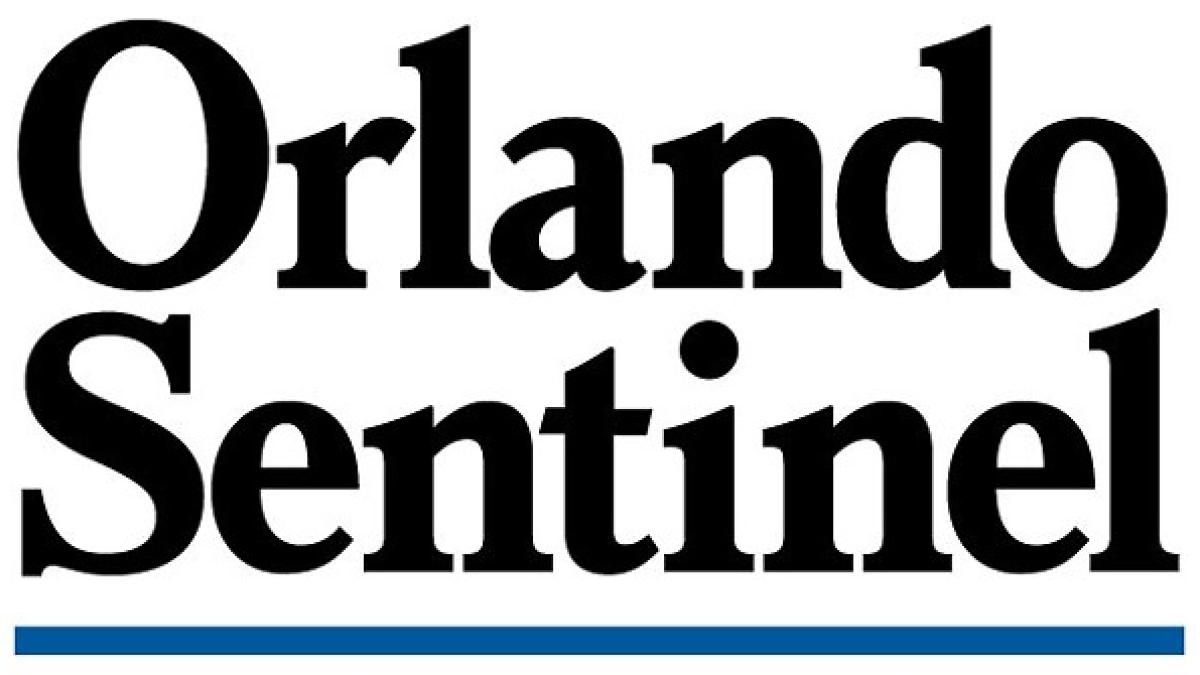Rep. Darren Soto: Congress doing its part to battle coronavirus

As we face this monumental coronavirus crisis, House Democrats are prioritizing families first in our coronavirus relief efforts.
Prior crises have taught us that top-down approaches don't work for Central Florida. During the Great Recession, we saw bailouts for Wall Street, but foreclosures on Main Street across our region. This time we are focused on providing our federal, state and local health agencies with the funding they need to do their jobs and direct relief to the people most affected by the coronavirus (COVID-19) pandemic.
Earlier this month, we began funding this important response by passing a bipartisan $8.3 billion coronavirus supplemental health care package to combat this world pandemic. This legislation included a major new infusion of $3.1 billion to the United States Health and Human Services to develop a vaccine, purchase personal protective equipment and help community health centers in underserved areas.
Another $950 million is directed through the Centers for Disease Control to assist state and local public health responses within 30 days. This will assist them with hiring new personnel and purchasing equipment, as well as gathering and analyzing data to care for patients and track the surge of COVID-19 cases.
An additional $300 million will be used to supply more vaccines and develop a treatment. We also allocated $1.25 billion for an international response to fight the spread of this pandemic globally, among other funded health care efforts.
On Friday, we continued our response efforts by reaching an agreement on the bipartisan Families First Coronavirus Response Act.
This act provides for free coronavirus testing for all Americans, including the uninsured. It gives workers 14 days of paid sick leave and up to three months paid family and medical leave to ensure everyone affected by COVID-19 can care for themselves and their families.
This legislation also provides enhanced unemployment insurance for workers who are furloughed or lose their jobs due to the economic slowdown. It strengthens food safety net programs, such as SNAP, food banks, student meals and senior nutrition programs to make sure no one goes hungry during this crisis.
Finally, it increases federal Medicaid funds to states to guarantee that Florida has the funds it needs to handle a surge in healthcare costs.
As if his mishandling of the U.S. coronavirus response wasn't bad enough, President Donald Trump has now called for steep bailouts for multinational corporations affected by the coronavirus. This goes too far. The Republicans already hindered our ability to respond to an economic crisis by doubling our national deficit to $1 trillion with their ill-conceived 2017 tax cuts to big businesses and the wealthiest Americans during what was then a good economy.
We remain open-minded about targeted economic assistance to a range of small, mid-size and large businesses and suspending student loan payments in subsequent relief packages, but first, we must manage the immediate health care and economic challenges facing every affected American.
Ultimately, history has taught us that in these times of crisis, we must focus on families first in a bipartisan manner to ensure an expeditious and effective recovery.
The author is a Democrat representing Florida's 9th District in the U.S. House of Representatives.
